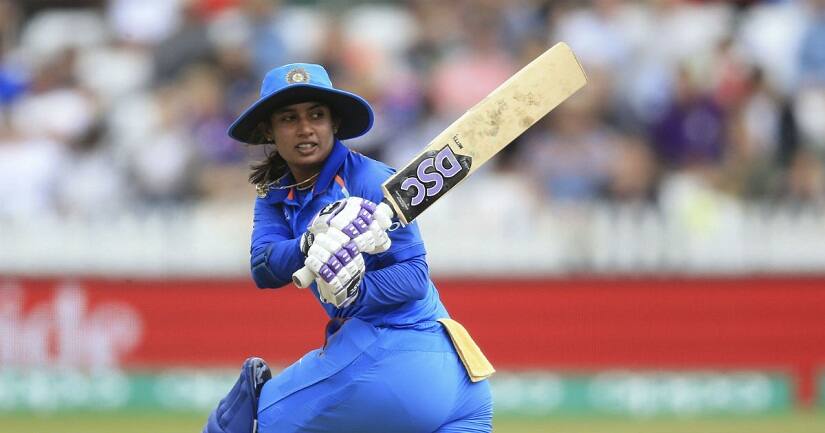We live in a stereotyped world — and gender roles are perhaps the most stereotyped of all. Gender is often seen through the distorted lens of patriarchy, and tropes like ‘boys don’t cry’, ‘girls are submissive/shy’ are taken as a matter of course. If there’s anything 2017 has taught us, it’s that the time to steer clear of these generalities is nigh — and the initiative called #NoGenderDecember is a great move in this direction. #NoGenderDecember originated in Australia in 2014; it’s based on the premise that a gendered upbringing is at the root of perpetuating gender stereotypes. The initiative urges toy manufacturers to not promote toys as being gender-specific. Recently, it has moved to other countries, and also encompassed confectionery companies — Chitra Valiyaparambil’s petition to Ferrero India regarding their pink and blue Kinder Joy toys/chocolates (for girls and boys respectively) is a case in point. Chitra’s petition points out that promoting the colour pink for girls, along with toys like Hello Kitty and Barbie, with boys getting the colour blue, and Transformers figurines — in 2017, no less — is a disgrace. Gender stereotypes — wherever they begin — have percolated so deeply into our lives. I was reminded of this when I was a panelist at the We The Women conference in Mumbai, and got a chance to meet with some incredible women who had defied gender roles that would have been detrimental to the exercise of their talents. Saxophone Subhalaxmi was among the women I met, as was the Indian women’s cricket team captain Mithali Raj. Mithali was a Bharatanatyam dancer, until she decided to focus on the cricket pitch instead. She frankly said that she doesn’t feel nice when she’s referred to as the “female Sachin Tendulkar”. While Sachin and the men received five-star treatment, Mithali and her teammates were travelling in unreserved train compartments to their matches. It is only now that we know of a Mithali while she started her career over two decades ago. [caption id=“attachment_4279467” align=“alignnone” width=“825”]  Mithali Raj. File Photo[/caption] Growing up, when I wanted to learn Bharatanatyam, there was no opposition at home because Kamal Haasan had done it so successfully in Salaingai Oli and Avvai Shanmughi. When I started to dance, however, I was told, ‘He dances like a man, why are you so effeminate?’ The problem is with looking at gender through the binaries of ‘male’ and ‘female’. What about those who wish to transition, or consider themselves as straddling a space somewhere in between these two? Writer Gazal Dhaliwal is a woman who was born male. It would take a cis gendered individual considerable empathy to understand the complexities Gazal faced as a young girl trapped in a male body. Gazal is a successful professional in the Hindi film industry today, and has very supportive parents. But when she recounts the one time she ran away from home, she becomes emotional. Forget acceptance from the world, self-acceptance becomes difficult in an environment where one is constantly reminded of (and expected to conform to) gender stereotypes. Meanwhile, Sushant Divgikar loved playing with Barbie dolls growing up, and was never discouraged from doing so. He is so comfortable with his body, gender and sexuality that today, he can effortlessly adopt the drag avatar of ‘Rani Ko-he-noor’, one of India’s finest performers. While I hail #NoGenderDecember, I do understand there are dangers in taking things too literally. For instance, some boys may still choose blue and some girls may still choose pink — and that’s perfectly okay. Their inclinations must be respected — whether that inclination is to align with a specific gender or subscribe to the idea of a non-gendered world. #NoGenderDecember is a good thought to end 2017 with, and may we all promise that we won’t make life difficult for those around us by gender-stereotyping them. Who knows? Perhaps this small step in how we think of gender could enable a giant leap for humankind.
Perhaps the small step of #NoGenderDecember could enable a giant leap for humankind
Advertisement
End of Article


)



